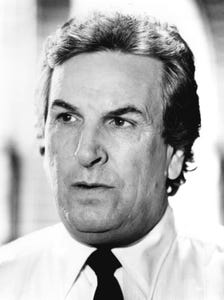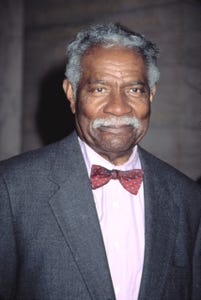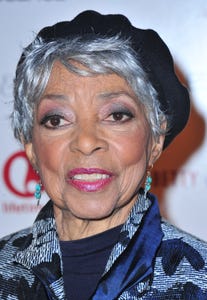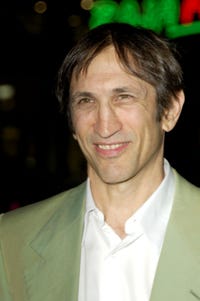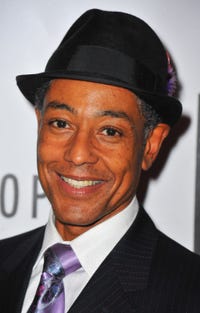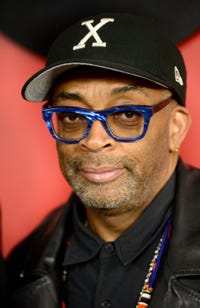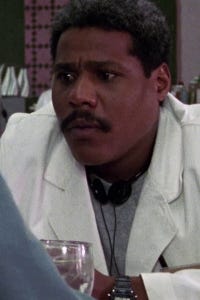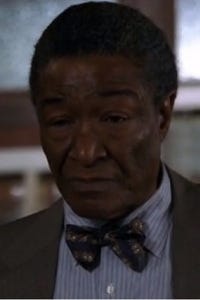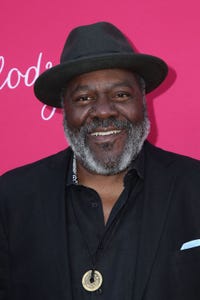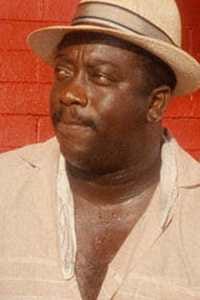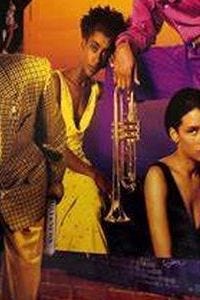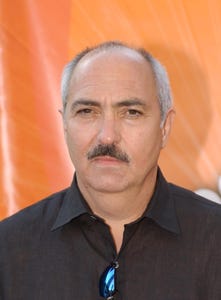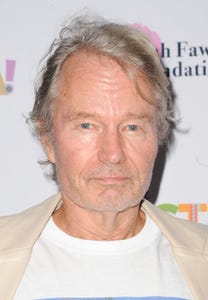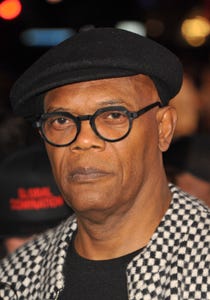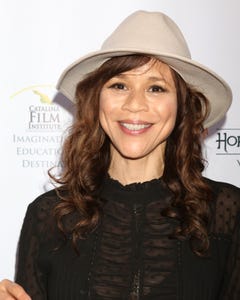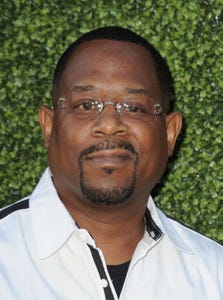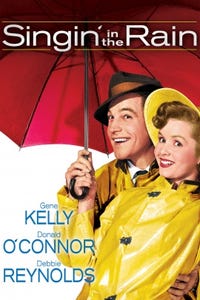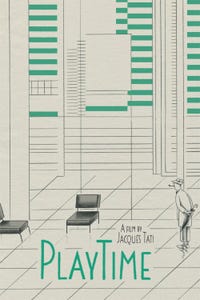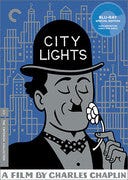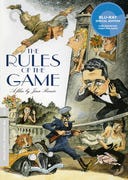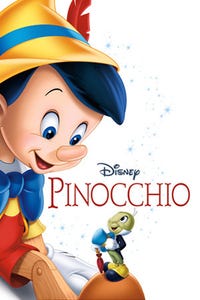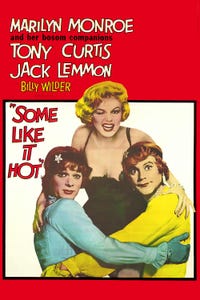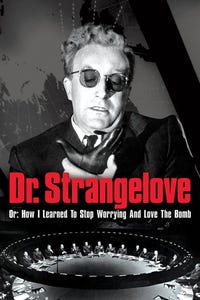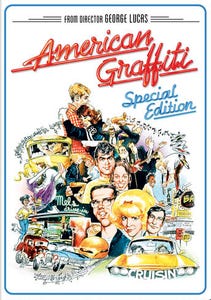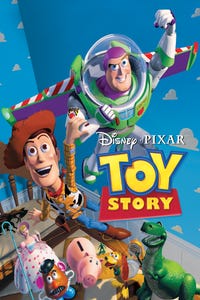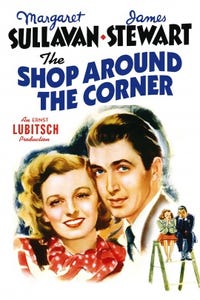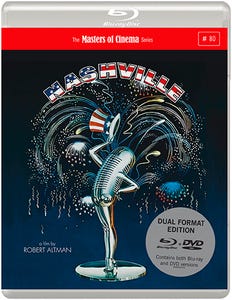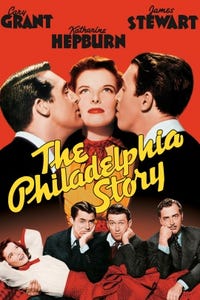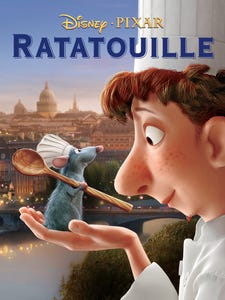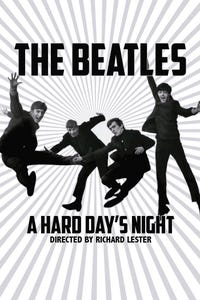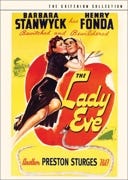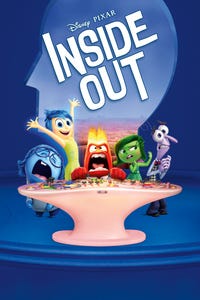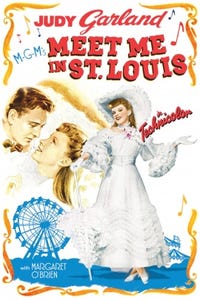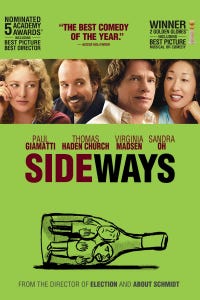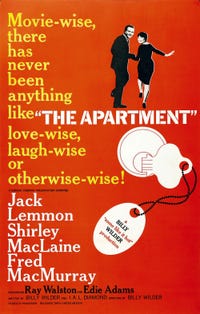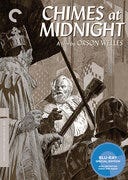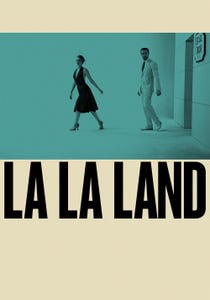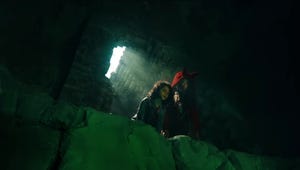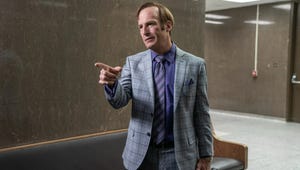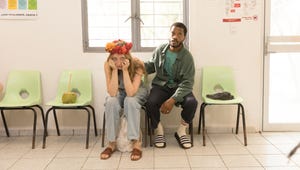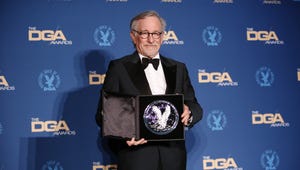X
- 1989
- R
- 2 h
- 1989
- R
- 2 h
- 1989
- R
- 2 h
- 1989
- R
- 2 h
Do the Right Thing
8.2
Where to Watch
Where to Watch
Top Cast
Metascore
Universal Acclaim
Based on 26 Critic Reviews
93
96% Positive
25 Reviews
25 Reviews
4% Mixed
1 Review
1 Review
0% Negative
0 Reviews
0 Reviews
Metascore
Universal Acclaim
Based on 26 Critic Reviews
93
96% Positive
25 Reviews
25 Reviews
4% Mixed
1 Review
1 Review
0% Negative
0 Reviews
0 Reviews
Effortlessly moving from comedy to serious social comment, eliciting excellent performances from a large and perfectly selected cast, and making superb use of music both to create mood and comment on the action, Lee contrives to see both sides of each conflict without falling prey to simplistic sentimentality.
One of Lee's great successes with this film is that he is able to present every character, regardless of race, gender, or age, with three-dimensionality and a degree of sympathy. No one is demonized or lionized. No one individual is blamed or exonerated for the events which transpire. Each individual with significant screen time is shown to have good and bad qualities, and we come to understand what motivates them, even if we do not agree with them.
User Score
Universal Acclaim
Based on 206 User Ratings
8.2
88% Positive
181 Ratings
181 Ratings
8% Mixed
16 Ratings
16 Ratings
4% Negative
9 Ratings
9 Ratings
User Score
Universal Acclaim
Based on 206 User Ratings
8.2
88% Positive
181 Ratings
181 Ratings
8% Mixed
16 Ratings
16 Ratings
4% Negative
9 Ratings
9 Ratings
Matthew Alexander "Matt" Sinegar [SIN-NA-GAR] (An EXTREMELY Mature & EXTREMELY Heterosexual (Straight) African-American/Black Man):
Do the Right Thing (1989) Is Literally Always One Of My All-Time Favorite Spike Lee Joints.
I'm pretty sure I forgot to breathe during some parts of Spike Lee's 'Do The Right Thing'. Not only because the way it penetrates the mind and soul of any sensible viewer, but also because I felt ashamed by the approach I took to this movie. With a stunning Public Enemy soundtrack, I expected this film to be a Black Power Movement propaganda. Was I wrong!
It is 1989, a 32 year-old black man decides to make a film about race and discrimination. His approach, though, is as impersonal as it gets. He fills a Brooklyn Street during a single steaming hot summer day with every single racial representation of American immigrants. There is a Korean grocery store and an American-Italian Pizzeria, ran by the father Sal (Danny Aiello) and his two reluctant sons Vito (Richard Edson) and Pino (John Turturro) all set in a neighborhood dominated by African-Americans and even Latinos. There are no heroes and no villains among them.
The plot is far from your average structure. It manages to deconstruct and implode upon itself in a slow and procedural manner like few films achieve. By keeping the location small, Lee succeeds in presenting us all the characters in a great, great level of detail, unraveling the hatred and subconscious cultural manners and views that are in every one of us through slow and wise writing and directing. Lee often lets these characters express themselves in a unique approach which I have never seen in any other film. Often they would be filmed from the front, and in a brilliantly executed subtle transition they would talk about themselves and their beliefs as if the entire film would decompose and it was just you and them. It is this technique alone, which allow the very essence of their personality to be revealed.
There is a scene, in which Lee lets nearly every character spew racial slurs, almost signaling that through this hot day something waits to happen! And it does. It all builds up after Buggin' Out (Giancarlo Esposito) claims that among the Italian heroes there should be pictures of some 'black folks' on Sal's Pizzeria, to which Sal disagrees. From this rather banal issue, Spike Lee created a sprawl of hatred which ends in tragedy. But, it is not the issue which fuels the hatred, but it is the self-loathed delivery of their characters, each of them believing their truth to be the truth. The only exception is Da Mayor (Ossie Davis); an old man filled with regrets, wondering around the streets like a preacher of sorts. But, in the end, he is the only man which transcends race and eludes true love to all the characters, even though most of them despise him.
In the end, Spike Lee's 'Do The Right Thing' is more than just the racial infighting that has been present since the dawn of man. It is also about the real and harsh acceptance of the fact that given the smallest catalyst, man will engage in chaos and violence, and also how important leaders are, from Martin Luther King Jr. and Malcolm X to the humble so-called Mayor.
Witty portrait of a troubled community.
This is a sumptuous work, from its unconventional title sequence of a woman dancing hard in the streets to its provocative ending with conflicting quotes from Malcolm X and Martin Luther King Jr .[30 June 1989, Friday, p.A]
It is a subtle and humane entertainment with a refreshingly serious view of the world.
This is a powerful and persuasive look at an ethnic community and what makes it tick.
To accept the film, though, one must first understand its point of view, and that is maddeningly difficult. All we know for certain is that Do the Right Thing is not naturalistic. [July 3, 1989]
When i watched this movie i saw what a stylistic achievement it is. Spike Lee was 32 when he made it, assured, confident, in the full joy of his power. He takes this story, which sounds like grim social realism, and tells it with music, humor, color and exuberant invention. A lot of it is just plain fun.
Do The Right Thing is an extremely powerful, important and also fun movie that needs to be seen.
Horrible movie. Sure, it raises a good point about how race relations turns into tragedy, but at the end, it just makes you hate everyone in the movie and wish for it to end. Ultimately, the only tragedy is how bad the movie wound up being. In addition, even before the "tragic" ending, it was beyond boring and I almost shut it off, but wanted to see how it would end. Boy was I disappointed.
Un film social très étrange et très SJW (évidemment...) mais qui ne sait pas lui-même sur quel pied danser, entre provocations répétées, racisme flagrant ou victimisation hystérique...? tout en citant à la toute fin deux messages contradictoires de Luther King... et Malcolm X, l'un après l'autre !
Alors, que cherche Spike Lee dans son film, on se le demande encore...? d'un côté, on a ces Noirs de Brooklyn, très agités, vindicatifs, revanchards, colériques, haineux, racistes envers les Italiens de la pizzeria, racistes envers cet homme blanc à vélo, racistes envers les Asiatiques de la supérette (parce que vietnamiens ?) et qui veulent imposer des photos de personnalités noires dans le restaurant dont les murs ne comptent que des personnalités blanches d'origine italienne...
D'un autre côté, on a une arrestation musclée qui se termine mal... alors que les Noirs viennent de saccager le restau et d'y mettre le feu... mais Spike Lee joue encore sa victime et en l'occurrence le **** (comme il l'a toujours fait par la suite) de la victimisation et de la paranoïa des Noirs péersécutés par les méchants Blancs, la Police, l'Etat américain et le monde entier, la galaxie complète et l'univers infini et au-delà...
Enfin bref, du classique pour ce type-là dont le discours de Caliméro a toujours été très discutable... et de toute façon, son film ici présent reste d'un ennui et d'une caricature de tous les instants avec tous ses personnages que l'on dirait sortis d'une mauvais bd récupérée au fond d'une poubelle.
La meilleure chose à faire, c'est de ne pas regarder ce film ou alors seulement en accéléré d'abord parce qu'on va s'endormir, ensuite parce qu'il en sait pas ce qu'il fait ; enfin parce que franchement, il nous soûle avec ses conneries.
Awards
Golden Globes, USA
• 4 Nominations
Academy Awards, USA
• 2 Nominations
20/20 Awards
• 3 Wins & 7 Nominations

